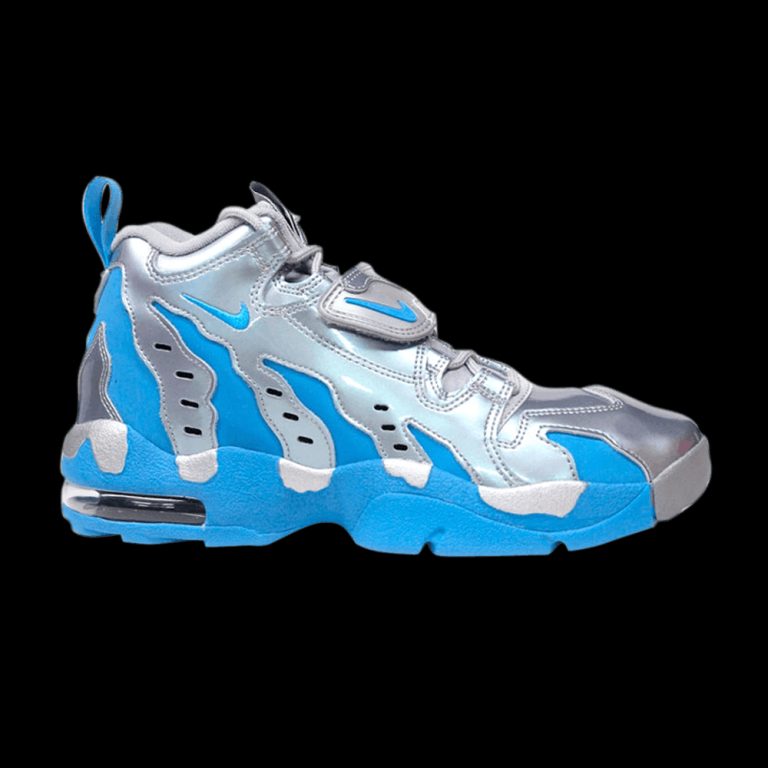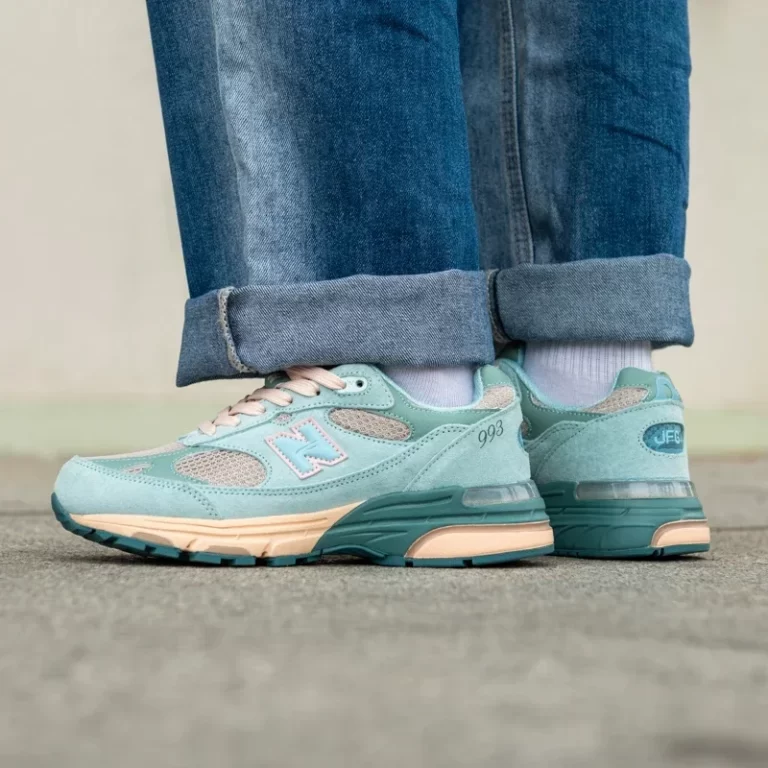Introduction to Japanese Sneakers
Japanese sneakers have become a significant part of global footwear culture. They blend style, innovation, and tradition. Over the years, these sneakers have evolved from athletic wear to fashion statements. Their unique designs reflect Japan’s cultural heritage and attention to detail. This article explores the history, key brands, cultural impact, and future trends in Japanese sneakers.
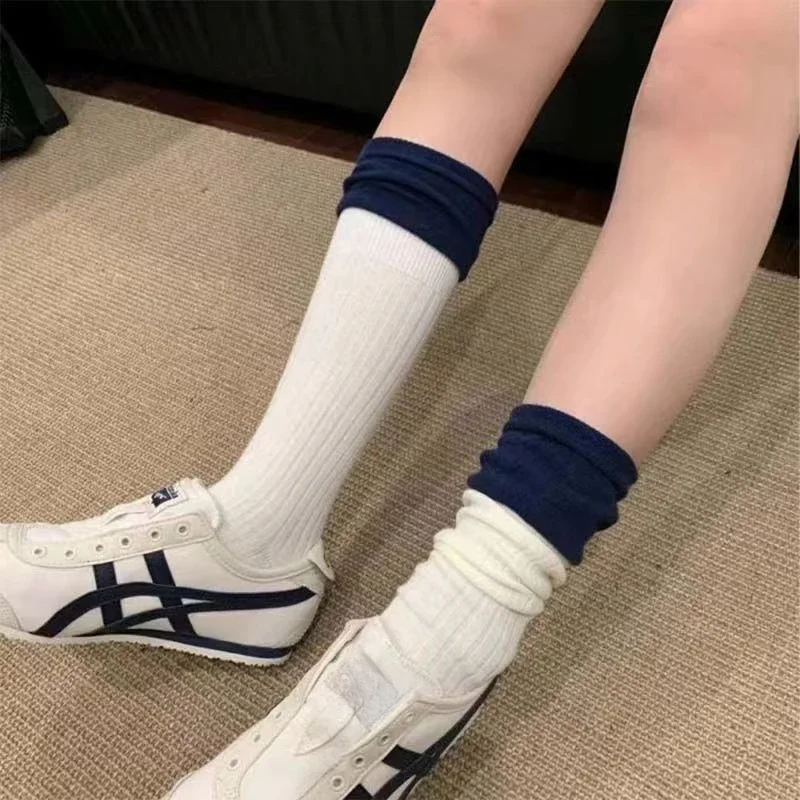
The Historical Context of Sneakers in Japan
The story of sneakers in Japan began after World War II. The country was rebuilding, and Western influences began to flow in. American soldiers brought their culture, including athletic shoes. This introduced a new style of footwear to the Japanese people.
In the 1950s, local manufacturers started making their own sneakers. Companies like Onitsuka Tiger emerged during this time. They focused on creating athletic shoes for sports like running and basketball. These shoes were functional but also stylish. As Japan’s economy grew, so did the popularity of sneakers among the youth.
By the 1970s, sneakers were no longer just for athletes. They became a fashion statement. Young people embraced them as part of their everyday wear. Sneaker culture began to take shape, fueled by street fashion and music. Brands started experimenting with colors and designs. They combined traditional Japanese aesthetics with modern styles. This fusion attracted a diverse audience and laid the groundwork for future sneaker trends.
Key Brands in Japanese Sneaker Culture
Several brands have played crucial roles in shaping Japanese sneaker culture. Each brand has its unique identity and contribution to the market. Key players include Onitsuka Tiger, ASICS, and Mizuno. These brands have become synonymous with quality and innovation.
Onitsuka Tiger: The Pioneer of Japanese Sneakers
Onitsuka Tiger is one of the oldest sneaker brands in Japan. Founded in 1949, it began by producing basketball shoes. The brand quickly gained recognition for its innovative designs. The Mexico 66 model, launched in 1966, became iconic. Its sleek silhouette and distinctive stripes set it apart from other sneakers.
Onitsuka Tiger has a rich history of collaborations. The brand often partners with designers and artists. These collaborations create limited-edition releases that attract sneaker enthusiasts. The blend of sports and fashion in their designs makes Onitsuka Tiger a significant player in the sneaker world.
In recent years, the brand has embraced retro styles. Nostalgia plays a big role in its marketing strategy. Consumers love the classic looks that remind them of the past. Onitsuka Tiger continues to evolve, appealing to both old fans and new customers.
ASICS: Innovation Meets Performance
ASICS was founded in 1949, focusing on performance-oriented footwear. The brand is known for its cutting-edge technology. ASICS developed the GEL cushioning system, which enhances comfort and support. This technology made their sneakers popular among serious runners.
ASICS has expanded its reach beyond athletics. The brand now offers lifestyle sneakers that cater to fashion-conscious consumers. Collaborations with designers help bridge the gap between performance and style. Limited-edition releases often sell out quickly due to high demand.
ASICS prioritizes sustainability in its production process. The brand is exploring eco-friendly materials and practices. This focus on sustainability resonates with today’s environmentally conscious consumers. ASICS aims to lead the industry in balancing performance with responsibility.
Mizuno: Craftsmanship and Tradition
Mizuno is another prominent player in the Japanese sneaker market. Established in 1906, the brand has a long history in sports equipment. Mizuno originally focused on baseball but later expanded into running and soccer.
Mizuno sneakers are known for their craftsmanship. The brand combines traditional techniques with modern technology. Its Wave technology provides stability and cushioning, making Mizuno sneakers popular among athletes.
In recent years, Mizuno has ventured into lifestyle sneakers. The brand offers stylish options for casual wear while maintaining performance features. Mizuno’s commitment to quality ensures that each pair meets high standards. This dedication to excellence attracts consumers who appreciate both style and functionality.
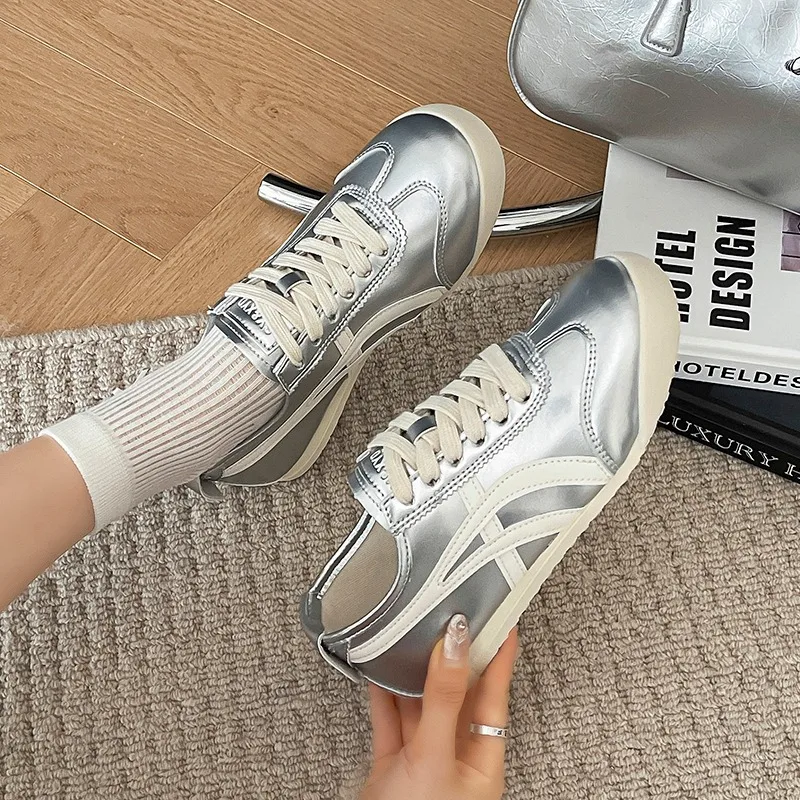
The Cultural Impact of Japanese Sneakers
Japanese sneakers have influenced global fashion and culture. Their rise coincided with the growth of streetwear and youth culture. Sneakers became symbols of individuality and expression. Young people began to see sneakers as more than just footwear; they represented a lifestyle.
Street culture in Japan embraced sneakers wholeheartedly. Music genres like hip-hop and punk played a crucial role in promoting sneaker culture. Artists and musicians wore unique sneakers, inspiring fans to follow suit. This connection between music and fashion created a vibrant sneaker community.
Social media further propelled the popularity of Japanese sneakers. Platforms like Instagram allow sneaker enthusiasts to showcase their collections. Influencers promote various brands, reaching a wider audience. This digital landscape has turned sneakers into a global phenomenon.
Sneaker conventions and events also contribute to the culture. These gatherings bring together collectors and fans. They provide a space for sharing knowledge and passion for sneakers. The sense of community fosters a deeper appreciation for the art of sneaker design.
The Future of Japanese Sneakers
As sneaker culture continues to evolve, Japanese brands face new challenges. Sustainability has become a significant concern for consumers worldwide. Many brands are adapting their practices to meet these demands.
Japanese sneaker brands are exploring eco-friendly materials and production methods. Onitsuka Tiger, ASICS, and Mizuno are all considering ways to reduce their environmental impact. This shift toward sustainability will likely shape the future of Japanese sneakers. Brands that prioritize the environment will resonate with today’s conscious consumers.
Customization is another trend gaining traction. Many consumers want personalized sneakers that reflect their style. Japanese brands are embracing this trend by offering customization options. This approach allows individuals to express their unique identities through footwear.
Collaboration will also continue to play a vital role in the sneaker industry. Partnerships with designers and artists create excitement around new releases. Limited-edition collaborations often generate buzz and drive demand. This strategy keeps brands relevant and connected to their audience.
The Global Influence of Japanese Sneakers
Japanese sneakers have transcended their origins, becoming influential not only in Japan but across the globe. As sneaker culture gained momentum in cities around the world, Japanese brands played a significant role in shaping trends and styles. The meticulous craftsmanship, unique designs, and cultural references embedded in these sneakers attract international consumers.
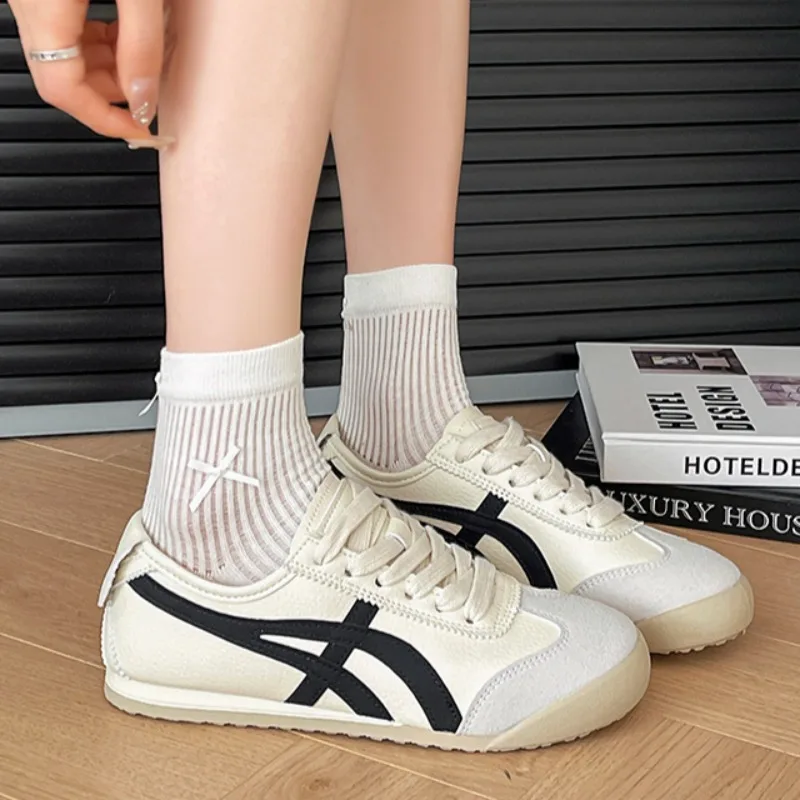
International Collaborations
Several Japanese sneaker brands have collaborated with global influencers, designers, and celebrities. These partnerships have introduced Japanese aesthetics to a wider audience. Collaborations often result in limited-edition releases that generate significant hype and demand. For instance, ASICS has worked with renowned designers like Kiko Kostadinov, merging high fashion with performance footwear.
Onitsuka Tiger’s collaborations with fashion houses and streetwear brands have also helped elevate its status internationally. These partnerships create buzz and exclusivity, making sneakers highly sought after by collectors and fashion enthusiasts alike.
Cultural Exchange and Street Fashion
The rise of street fashion has facilitated a cultural exchange between Japan and other countries. Influences from Japanese street style, characterized by bold colors and unique layering, have found their way into global fashion. Sneakers are at the forefront of this trend, serving as versatile pieces that can be styled in various ways.
Fashion weeks and exhibitions often showcase the latest trends in sneaker culture, highlighting the importance of collaboration between cultures. Japanese brands frequently participate in international events, further solidifying their position in the global market.
The Role of Technology in Sneaker Design
Technology is reshaping the sneaker industry, and Japanese brands are at the forefront of innovation. Advancements in materials and manufacturing processes allow for the creation of lighter, more comfortable, and durable footwear.
Smart Sneakers
The concept of smart sneakers is gaining traction. Brands are exploring the integration of technology into their designs. Features such as fitness tracking, temperature control, and even self-lacing systems are becoming more prevalent. This intersection of technology and fashion appeals to tech-savvy consumers looking for multifunctional footwear.
Sustainable Materials
Sustainability remains a priority for many Japanese sneaker brands. Innovations in eco-friendly materials—such as recycled plastics and organic cotton—are becoming standard. By adopting sustainable practices, brands not only reduce their environmental impact but also attract environmentally conscious consumers.
Conclusion: The Legacy of Japanese Sneakers
Japanese sneakers have come a long way since their inception. They embody a rich history of innovation and cultural significance. As they continue to evolve, Japanese brands will remain influential in shaping global sneaker culture.
The blend of traditional craftsmanship and modern aesthetics sets Japanese sneakers apart. As consumers seek quality and uniqueness, these brands are well-positioned to meet their needs. The legacy of Japanese sneakers will endure, inspiring future generations of sneaker enthusiasts worldwide.
Through innovation, collaboration, and a commitment to sustainability, Japanese sneaker brands will thrive in the ever-changing landscape of fashion. Their impact on sneaker culture is undeniable, and their influence will continue to grow.

